Home>Home Appliances>Heating & Cooling>Why Is Forced Air Heating Noisy
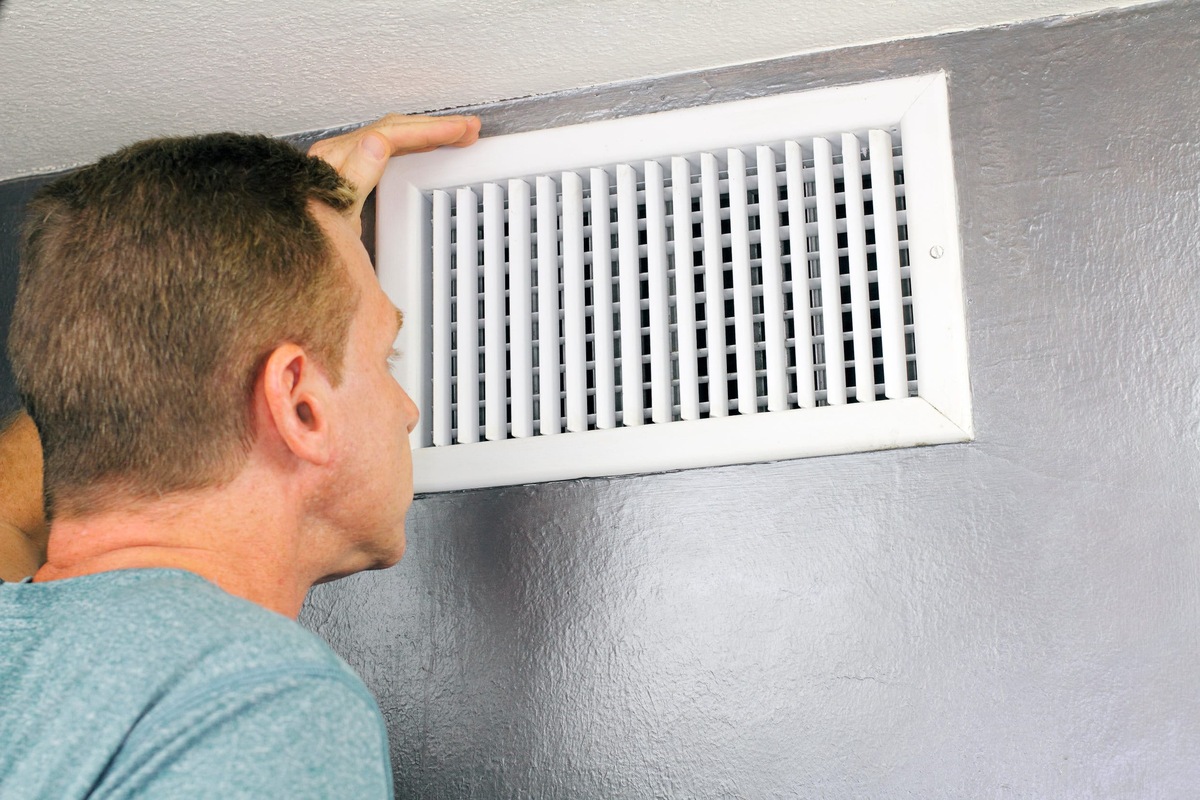

Heating & Cooling
Why Is Forced Air Heating Noisy
Modified: August 28, 2024
Learn why forced air heating systems can be noisy and how to address the issue. Discover tips for quieter heating and cooling solutions.
(Many of the links in this article redirect to a specific reviewed product. Your purchase of these products through affiliate links helps to generate commission for Storables.com, at no extra cost. Learn more)
Introduction
Forced air heating systems are a popular choice for many homes, providing efficient and effective warmth during the colder months. However, one common issue that homeowners encounter with these systems is excessive noise. The disruptive clanking, banging, or whooshing sounds emitted by a forced air heating system can be a source of frustration and discomfort. Understanding the causes of these noises and exploring potential solutions is crucial for maintaining a peaceful and comfortable indoor environment.
In this comprehensive guide, we will delve into the reasons behind the noisy nature of forced air heating systems and explore practical strategies to mitigate these disturbances. By gaining insight into the factors contributing to the racket and learning how to address them, homeowners can look forward to a quieter and more serene living space.
Let's embark on a journey to uncover the mysteries of noisy forced air heating systems and discover the remedies that can restore tranquility to your home.
Key Takeaways:
- Say goodbye to noisy heating systems! By addressing issues like ductwork expansion, airflow restrictions, and loose components, homeowners can enjoy a peaceful and serene living space.
- Keep your heating system quiet and efficient! Regular maintenance, duct insulation, and vibration isolation can help reduce disruptive noises, ensuring a tranquil indoor environment for your home.
Causes of Noisy Forced Air Heating Systems
-
Ductwork Expansion and Contraction: As the heating system cycles on and off, the metal ductwork expands and contracts due to temperature fluctuations. This movement can produce creaking or popping sounds, especially in older ductwork that may have loosened over time.
-
Airflow Restrictions: When the airflow within the ducts is obstructed or restricted, such as by a clogged air filter or debris accumulation, the forced air heating system may generate whistling or whooshing noises as the air struggles to pass through the barriers.
-
Loose Components: Over time, the components of a forced air heating system, including the blower motor, fan blades, or duct connections, can become loose. This can result in rattling, clanking, or banging noises as the system operates.
-
Dirty or Faulty Components: Accumulated dirt and debris within the system, or worn-out components such as the blower motor or fan, can lead to unusual sounds during operation. These issues may manifest as grinding, squealing, or thudding noises.
-
Imbalanced Dampers: Dampers within the ductwork are responsible for regulating airflow to different areas of the home. If these dampers become imbalanced or malfunction, they can produce clicking or clanging sounds as they attempt to adjust airflow.
-
Vibrations and Resonance: The operation of the blower motor and fan can cause vibrations that resonate through the ductwork and other components, resulting in a persistent hum, buzz, or vibration noise.
-
Inadequate Insulation: Poorly insulated ductwork can transmit operational sounds throughout the home, amplifying the noise generated by the heating system.
Understanding the various factors that contribute to the noisy nature of forced air heating systems is essential for implementing effective solutions. By addressing these root causes, homeowners can take proactive measures to restore peace and quiet to their living spaces.
Regular maintenance and cleaning of the heating system can help reduce noise from forced air heating. This includes changing air filters, lubricating moving parts, and checking for loose or damaged components.
Solutions to Reduce Noise in Forced Air Heating Systems
Addressing the noise emanating from a forced air heating system requires a systematic approach that targets the root causes of the disturbances. By implementing the following solutions, homeowners can effectively reduce or eliminate the unwanted sounds, restoring tranquility to their living spaces.
-
Ductwork Inspection and Maintenance: Begin by conducting a thorough inspection of the ductwork to identify any signs of damage, loose connections, or areas of poor insulation. Seal any gaps or leaks using specialized duct sealant or metal tape to prevent air leaks and minimize the transmission of noise.
-
Regular Filter Replacement: Maintaining clean air filters is crucial for ensuring unobstructed airflow within the ducts. Regularly replacing or cleaning the air filters can prevent the buildup of debris and dust, reducing the likelihood of airflow-related noises.
-
Component Tightening and Lubrication: Check and tighten any loose components within the heating system, such as fan blades, motor mounts, and duct connections. Additionally, lubricate moving parts, such as the blower motor and fan bearings, to reduce friction and minimize operational noise.
-
Professional Cleaning and Servicing: Engage the services of a qualified HVAC technician to perform a comprehensive cleaning and inspection of the heating system. This includes clearing out accumulated debris, inspecting and replacing worn-out components, and optimizing the system for quieter operation.
-
Duct Insulation and Dampening: Enhance the insulation of the ductwork by installing specialized duct insulation materials. Additionally, consider incorporating duct dampeners or sound-absorbing materials within the ducts to minimize the transmission of operational noise.
-
Balancing and Adjusting Dampers: Ensure that the dampers within the ductwork are properly balanced and adjusted to regulate airflow effectively. This can prevent the occurrence of clicking or clanging noises associated with imbalanced dampers.
-
Vibration Isolation: Install vibration isolation mounts for the blower motor and fan to minimize the transmission of operational vibrations through the ductwork. This can significantly reduce the hum, buzz, or vibration noises that permeate the home during heating system operation.
By implementing these solutions, homeowners can effectively mitigate the noise generated by forced air heating systems, creating a more peaceful and comfortable indoor environment. Regular maintenance and proactive measures are key to ensuring the long-term quiet and efficient operation of these heating systems.
Conclusion
In conclusion, the operation of forced air heating systems can often be accompanied by a cacophony of disruptive noises, ranging from creaks and pops to clanks and hums. These auditory disturbances not only detract from the comfort of a home but also serve as indicators of underlying issues within the heating system. By understanding the root causes of these noises and implementing targeted solutions, homeowners can reclaim the tranquility of their living spaces while ensuring the efficient and effective operation of their heating systems.
The multifaceted nature of the noise produced by forced air heating systems underscores the importance of a comprehensive approach to noise reduction. From addressing ductwork expansion and airflow restrictions to tackling loose components and imbalanced dampers, each potential source of noise demands careful attention and remediation. Furthermore, the implementation of regular maintenance practices, such as filter replacement, component tightening, and professional servicing, is essential for preventing the recurrence of noise-related issues.
By prioritizing ductwork inspection and maintenance, homeowners can fortify their heating systems against the intrusion of noise, sealing gaps and optimizing insulation to minimize the transmission of operational sounds. Additionally, the balancing and adjustment of dampers, coupled with the installation of vibration isolation mounts, can effectively mitigate the impact of vibrations and airflow-related noises, fostering a quieter indoor environment.
Ultimately, the pursuit of a quieter forced air heating system is not merely a quest for silence but a commitment to the longevity and efficiency of the system. By addressing the root causes of noise and implementing proactive solutions, homeowners can safeguard the integrity of their heating systems while enjoying the serenity of a noise-free home environment.
In essence, the journey to silence within the realm of forced air heating systems is a testament to the power of proactive maintenance and targeted interventions. Through a harmonious blend of diligence, expertise, and innovation, homeowners can transform their once-noisy heating systems into beacons of tranquility, providing warmth and comfort without the disruptive symphony of operational noises.
Frequently Asked Questions about Why Is Forced Air Heating Noisy
Was this page helpful?
At Storables.com, we guarantee accurate and reliable information. Our content, validated by Expert Board Contributors, is crafted following stringent Editorial Policies. We're committed to providing you with well-researched, expert-backed insights for all your informational needs.
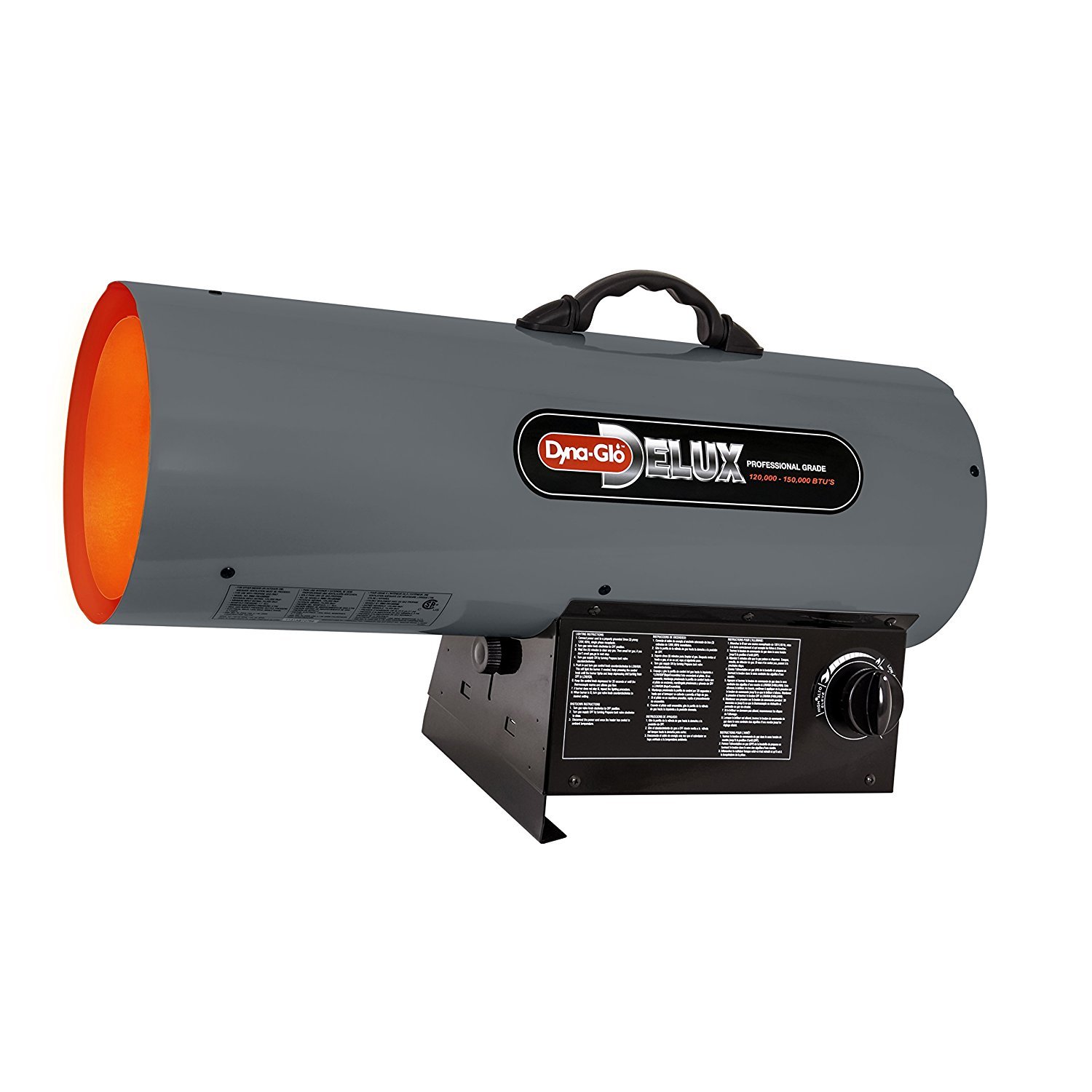
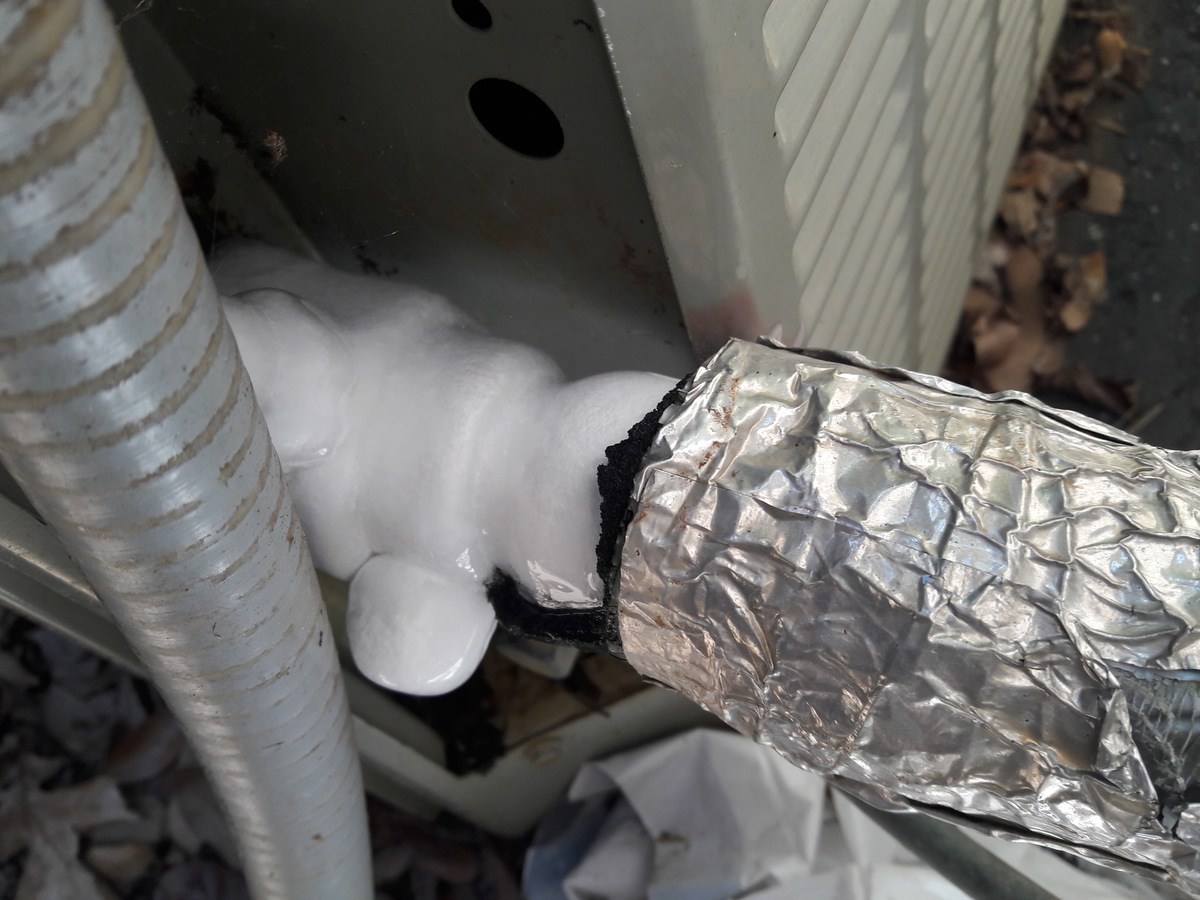
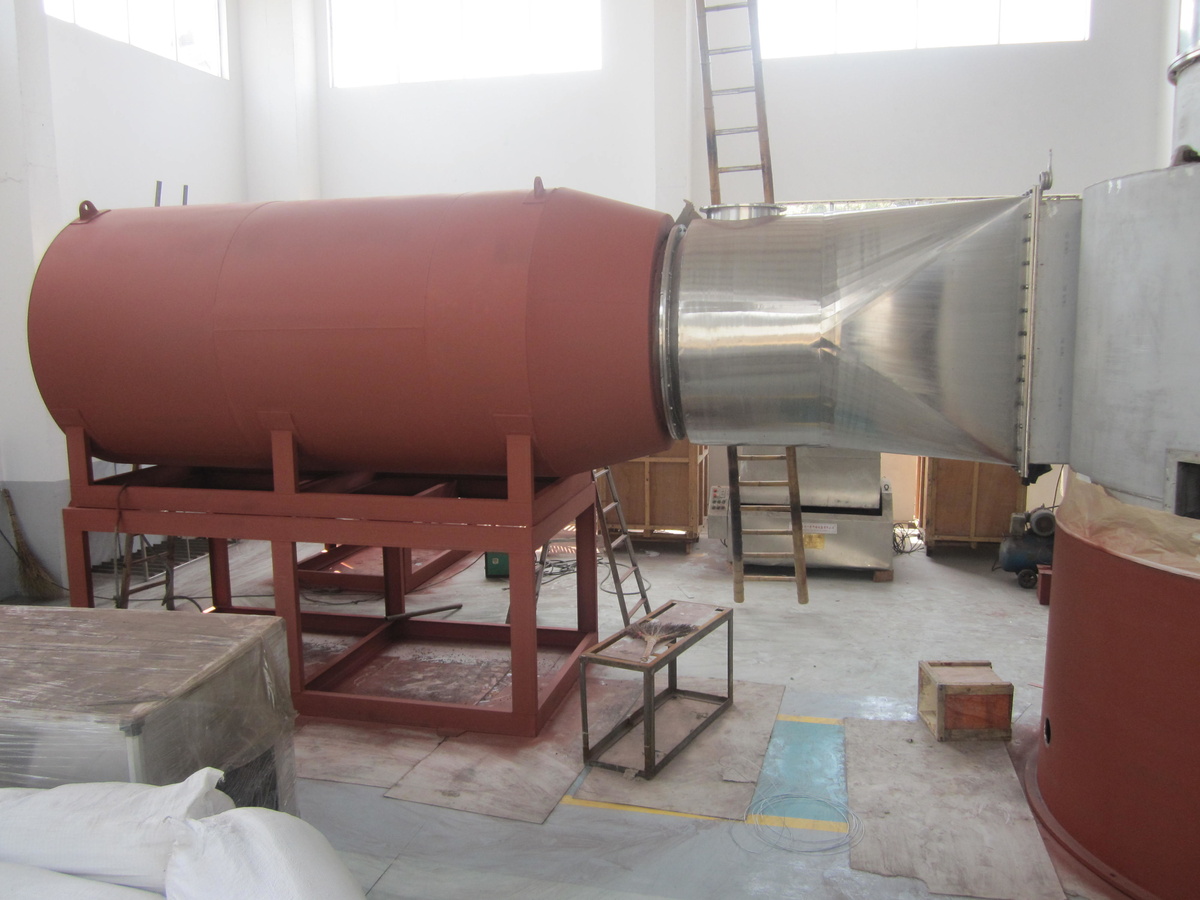
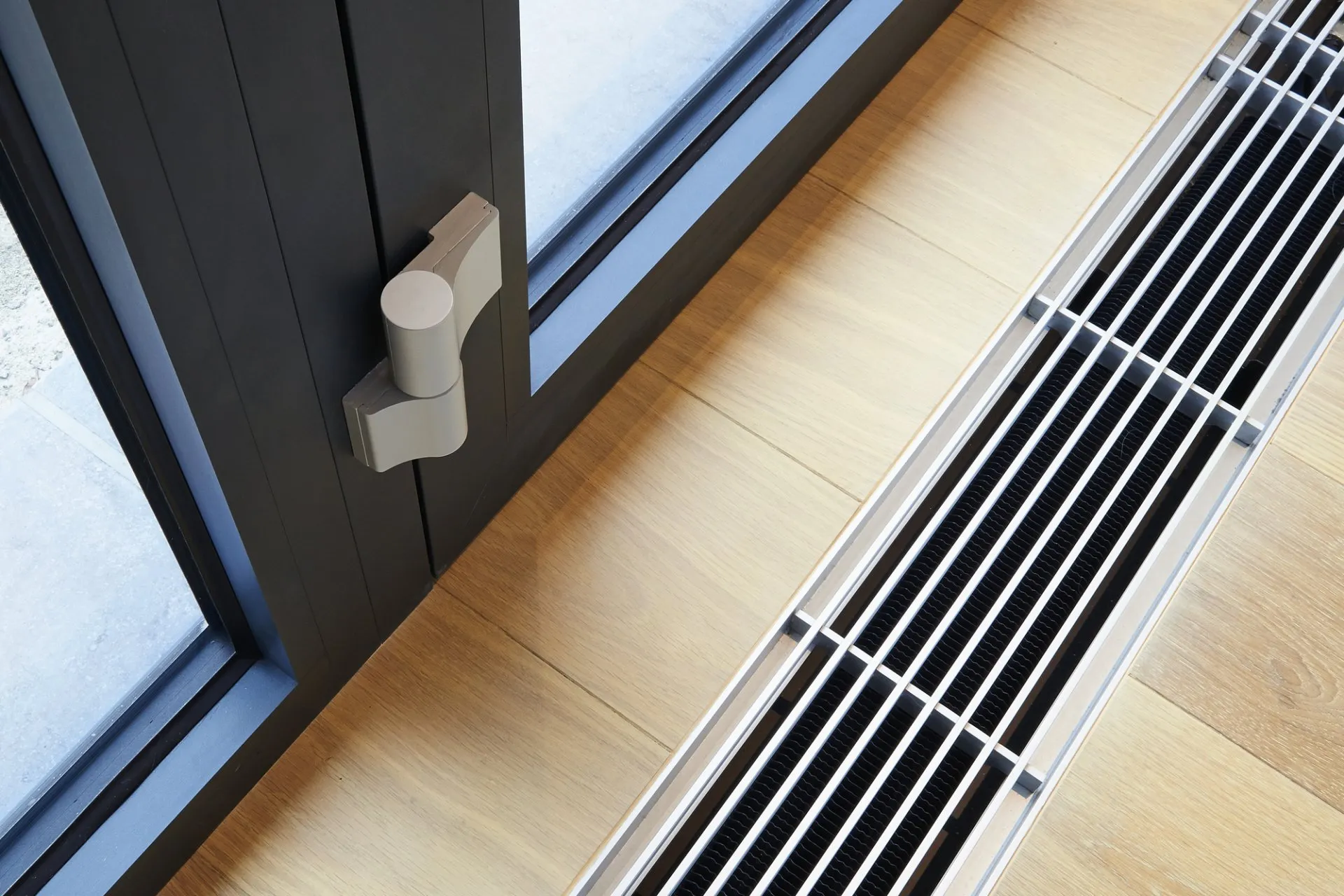
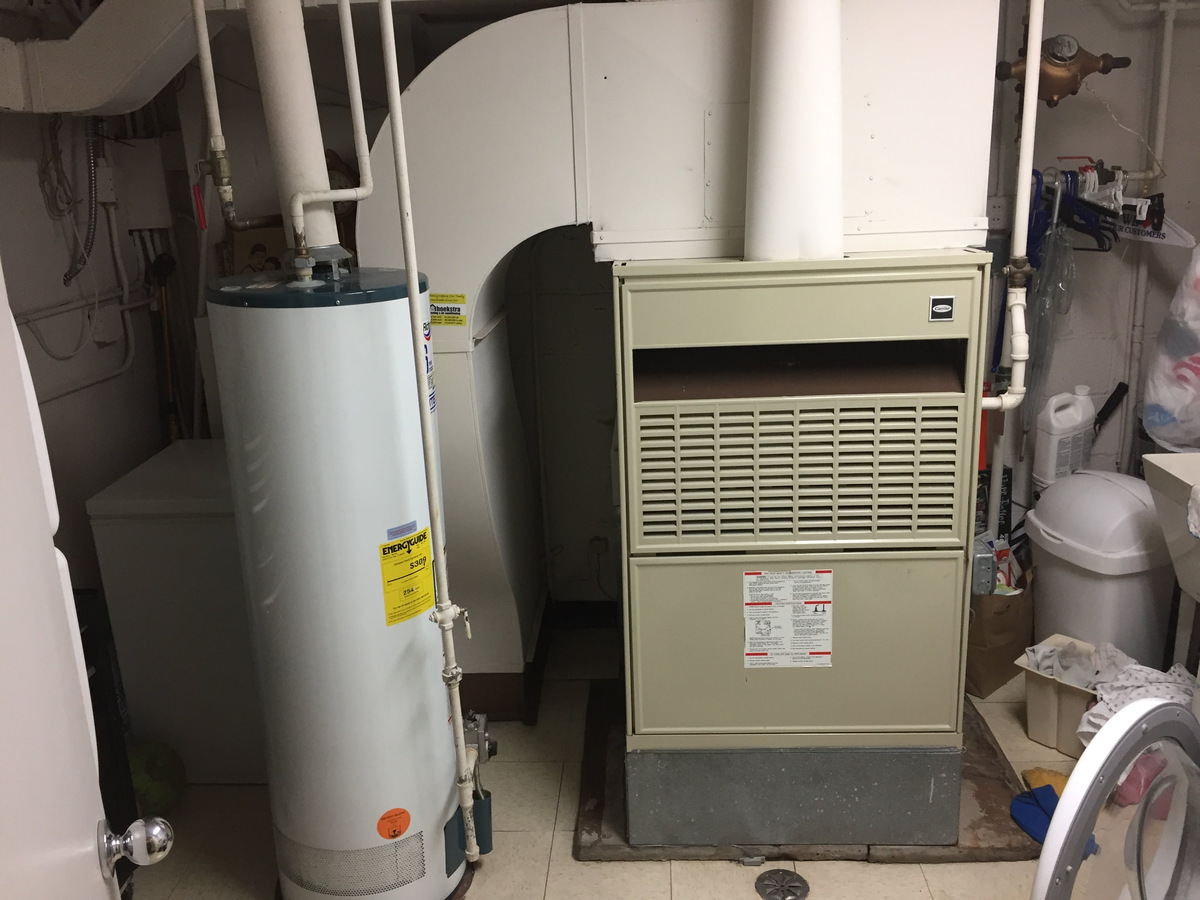
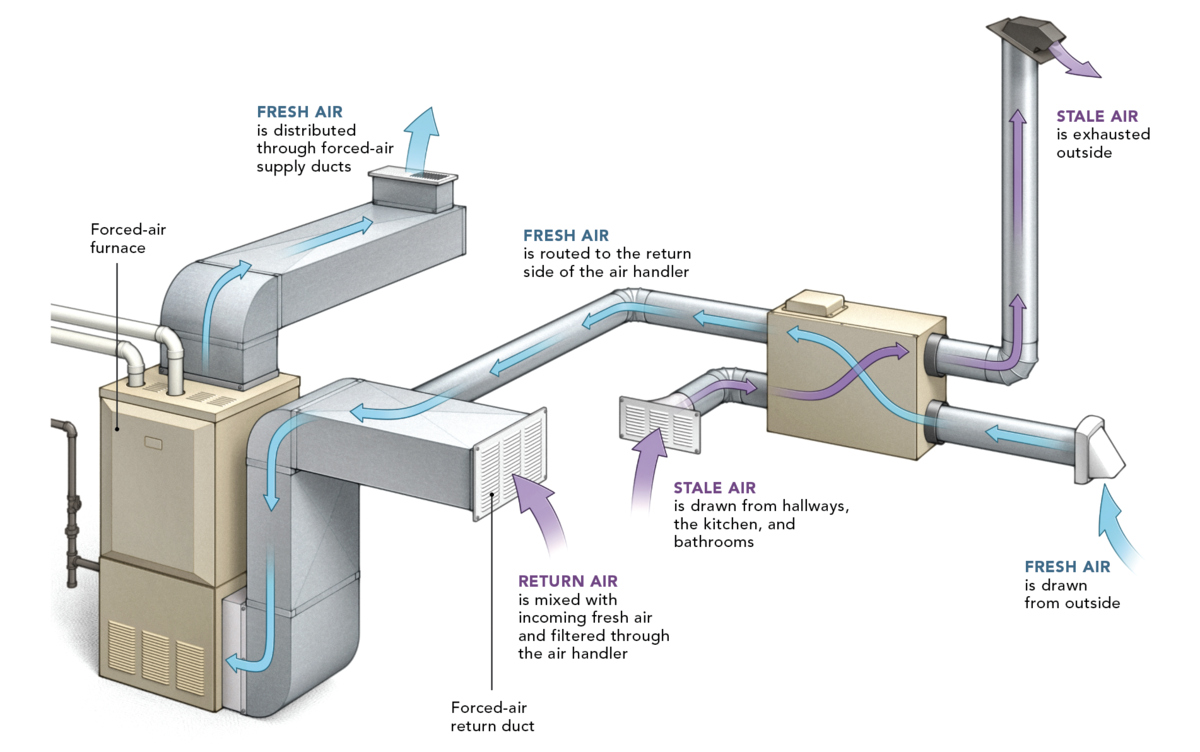
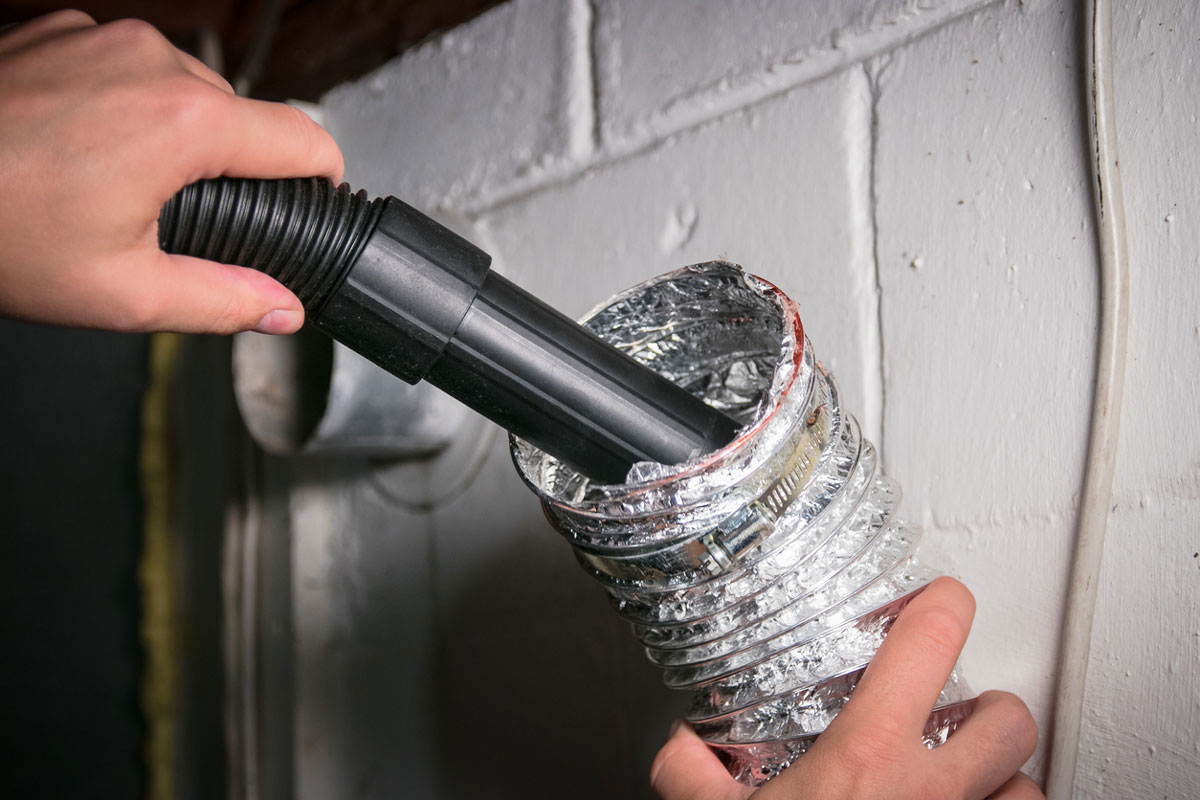
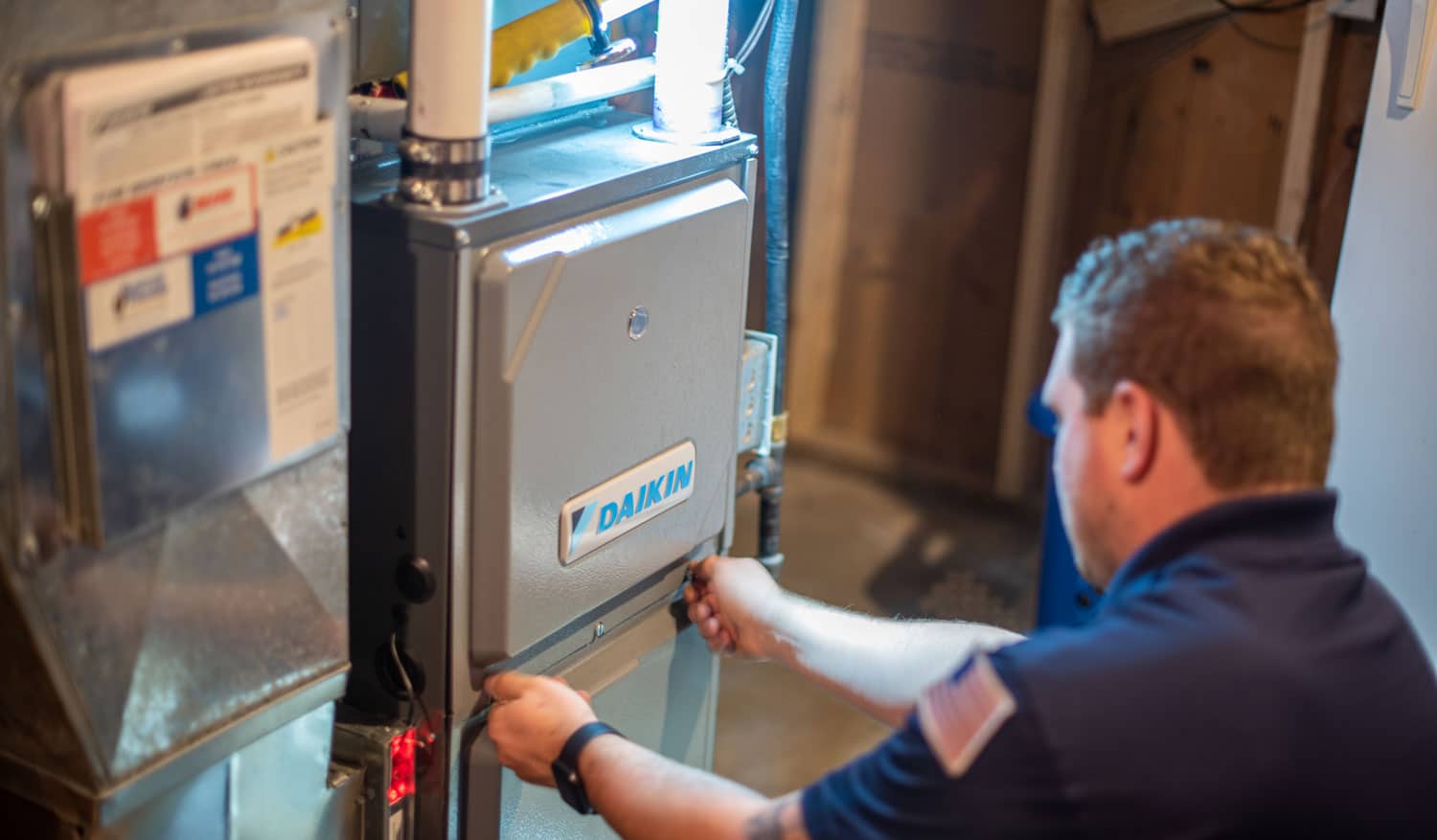
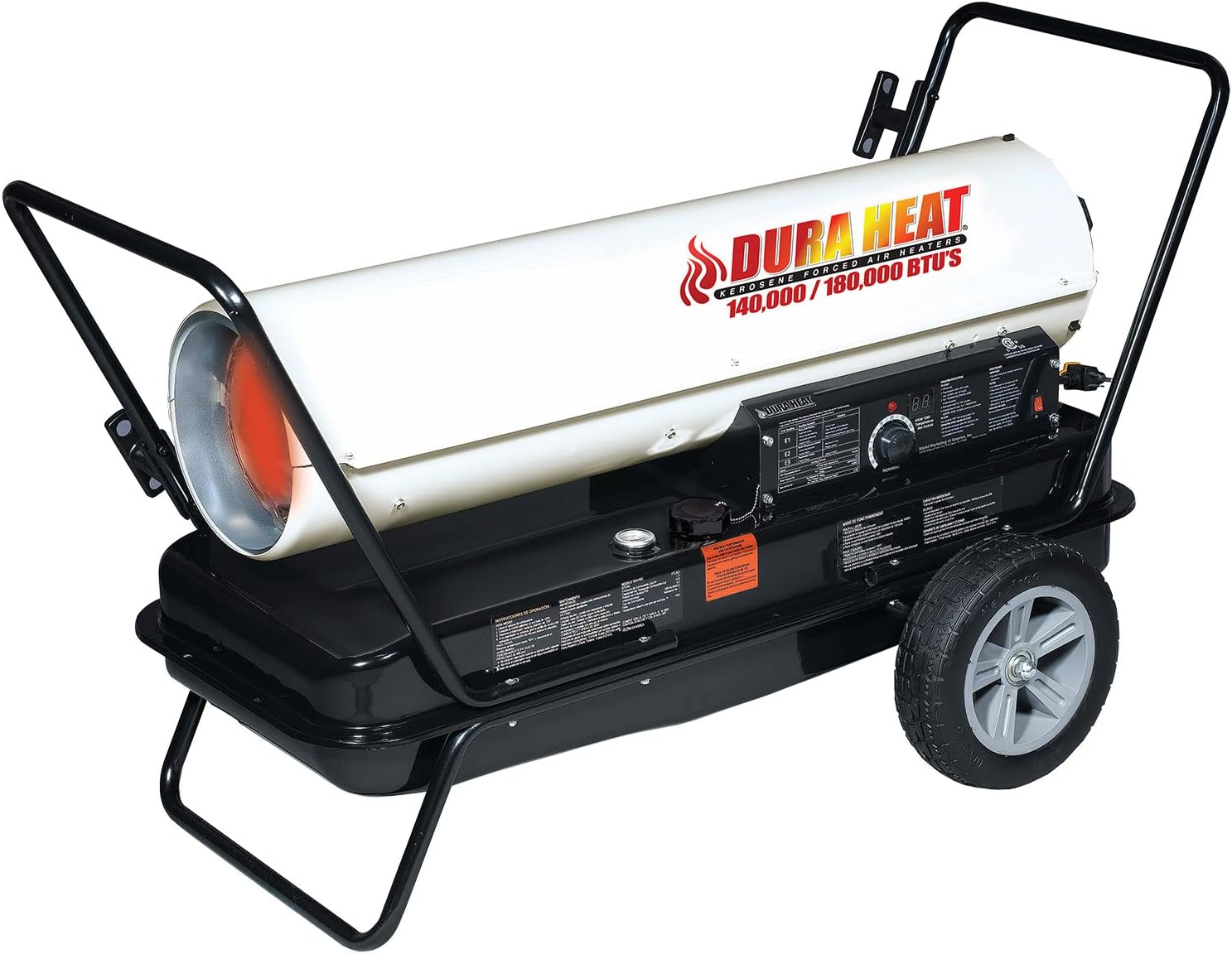
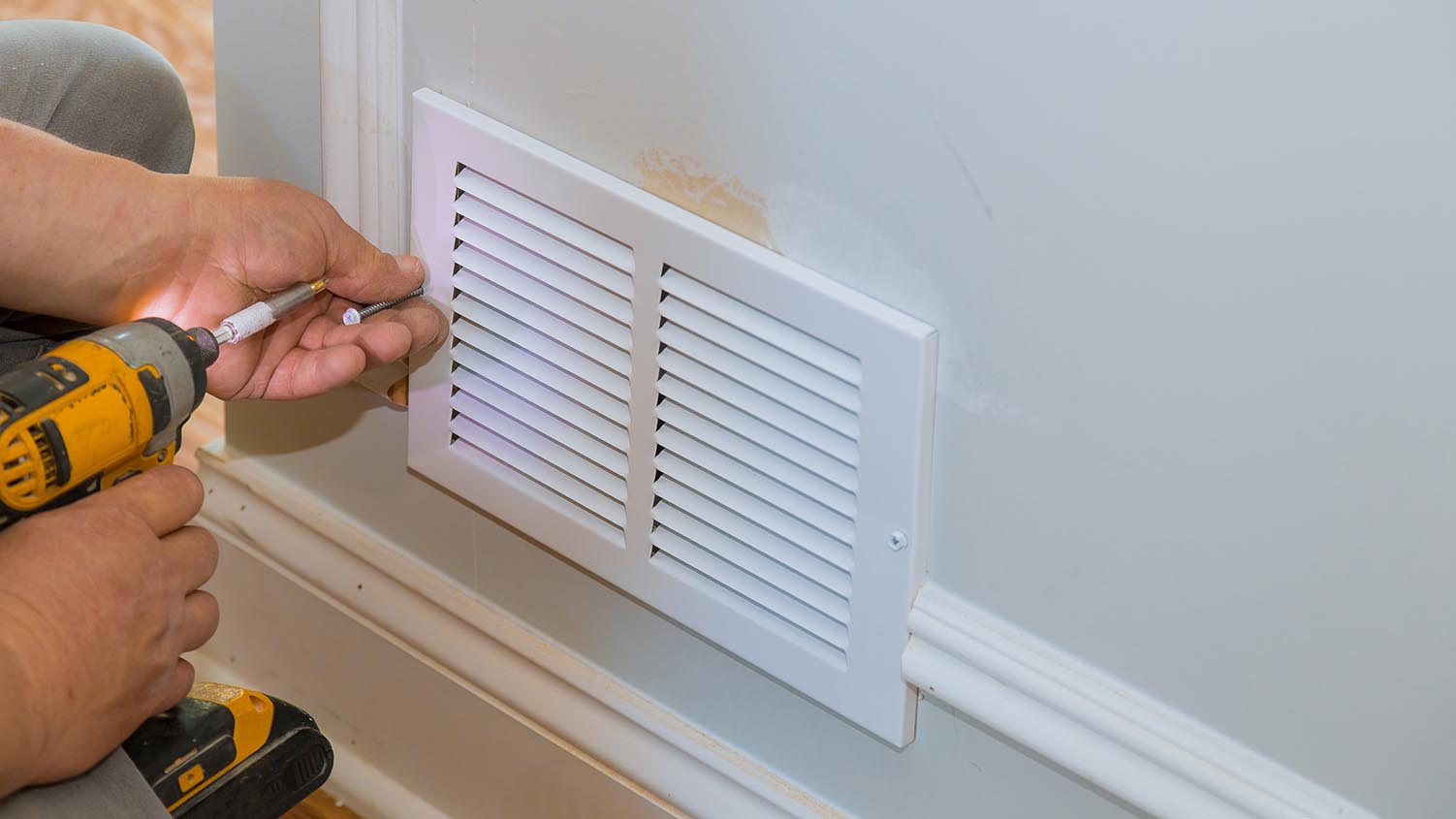
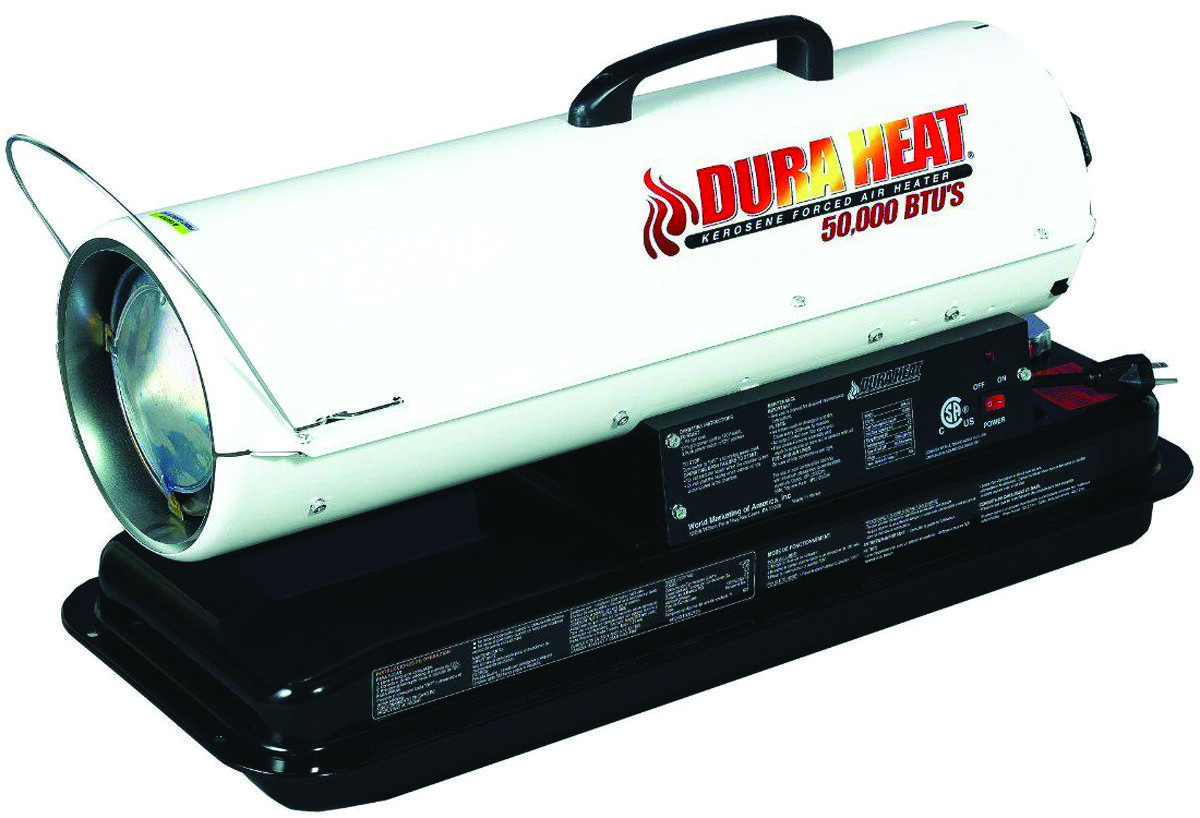
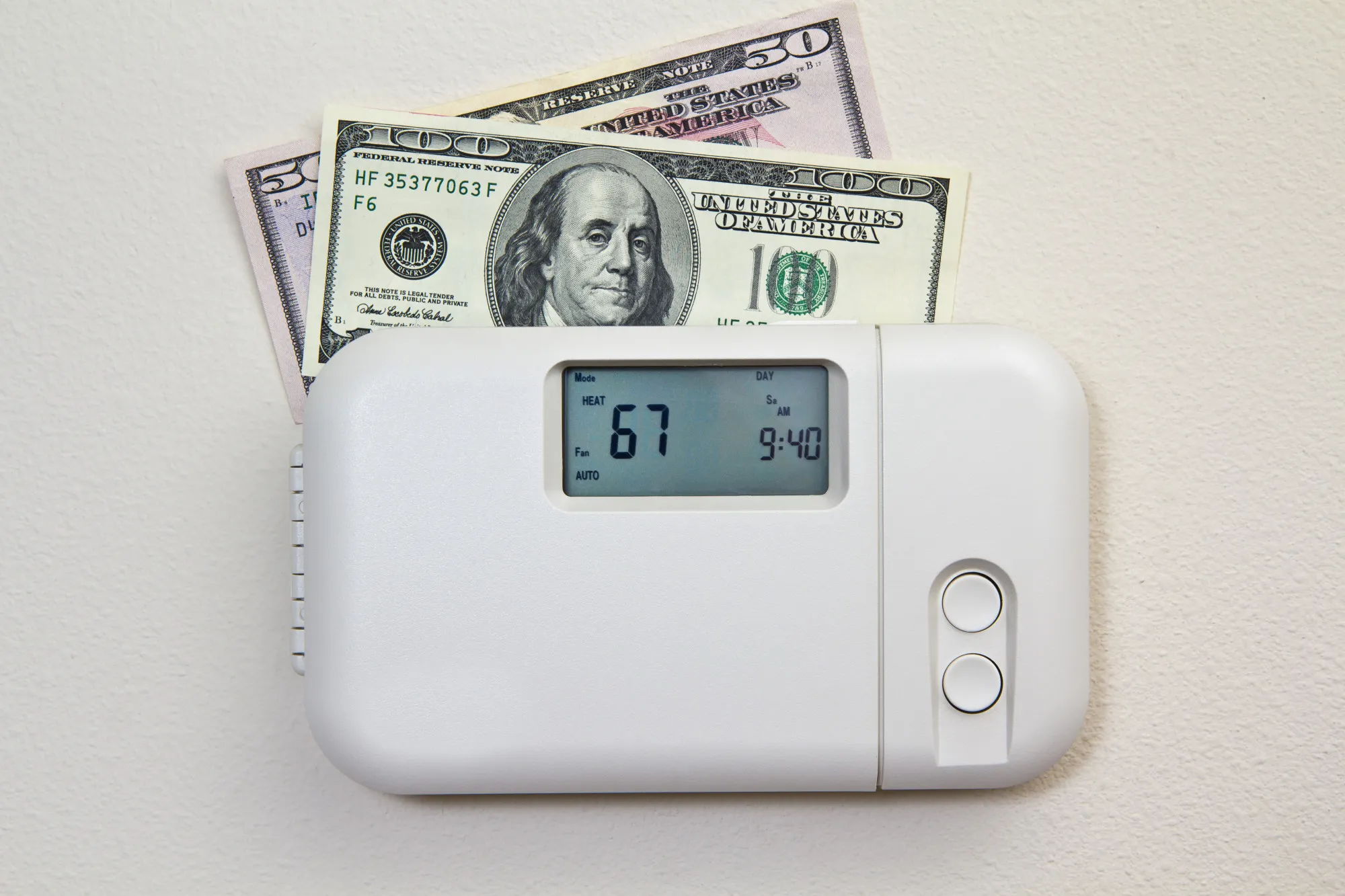
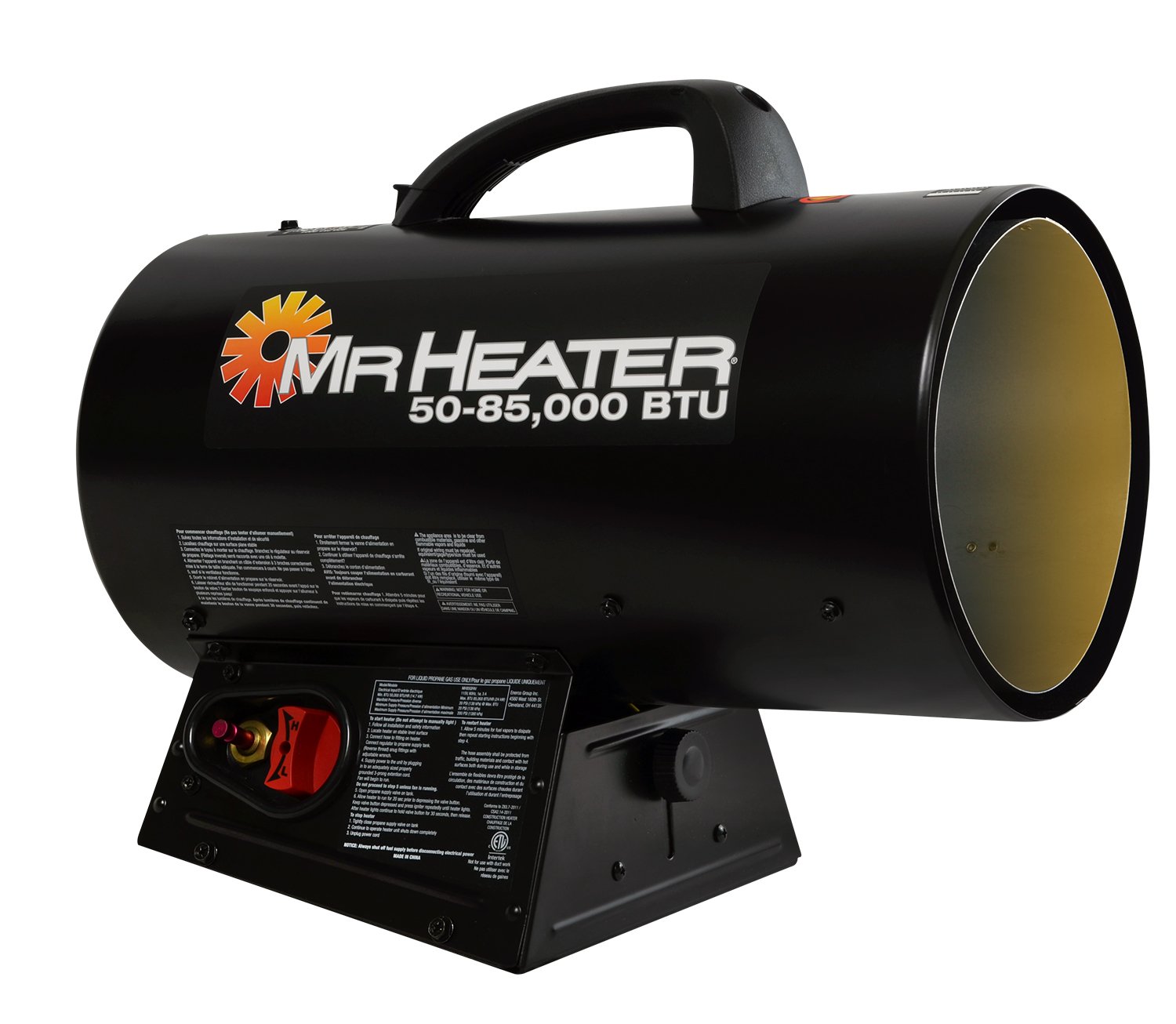
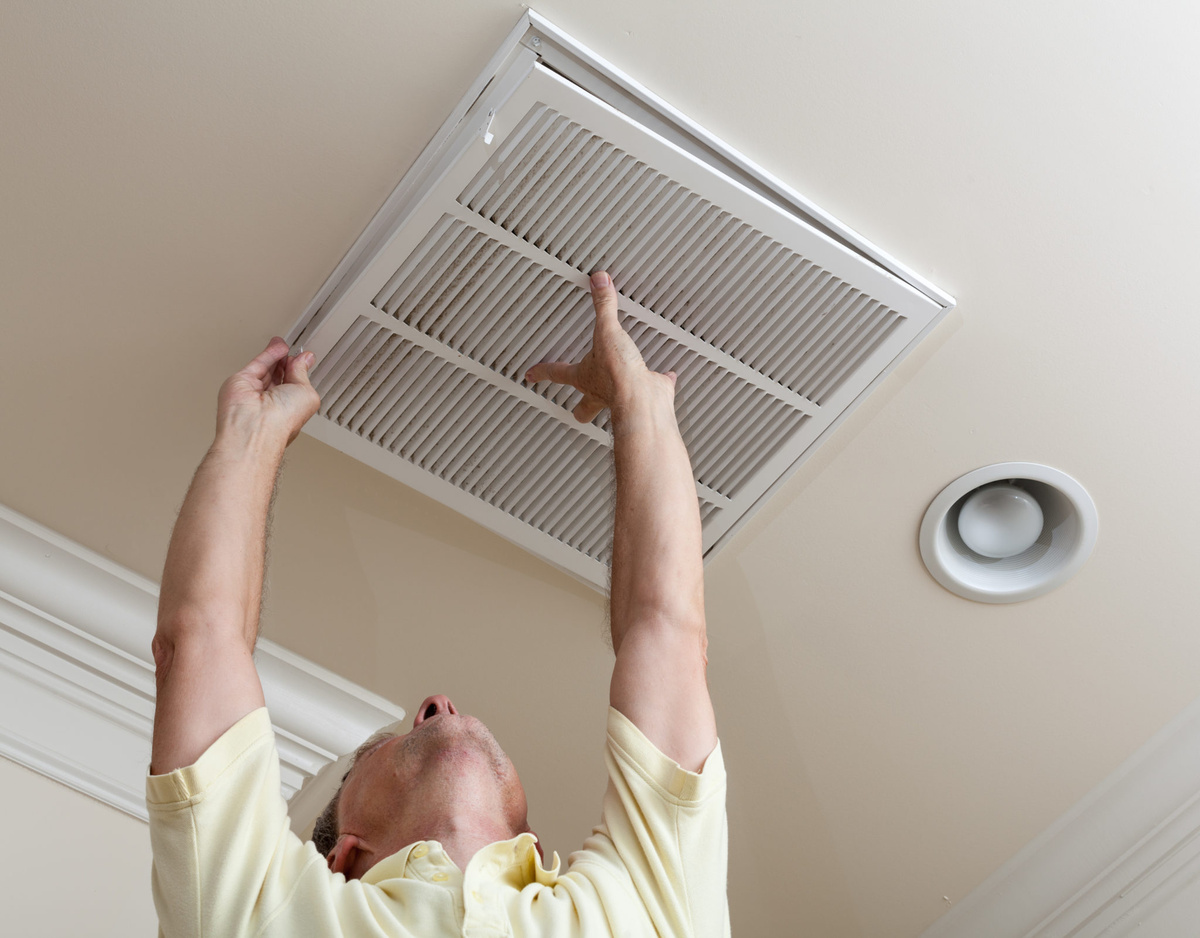
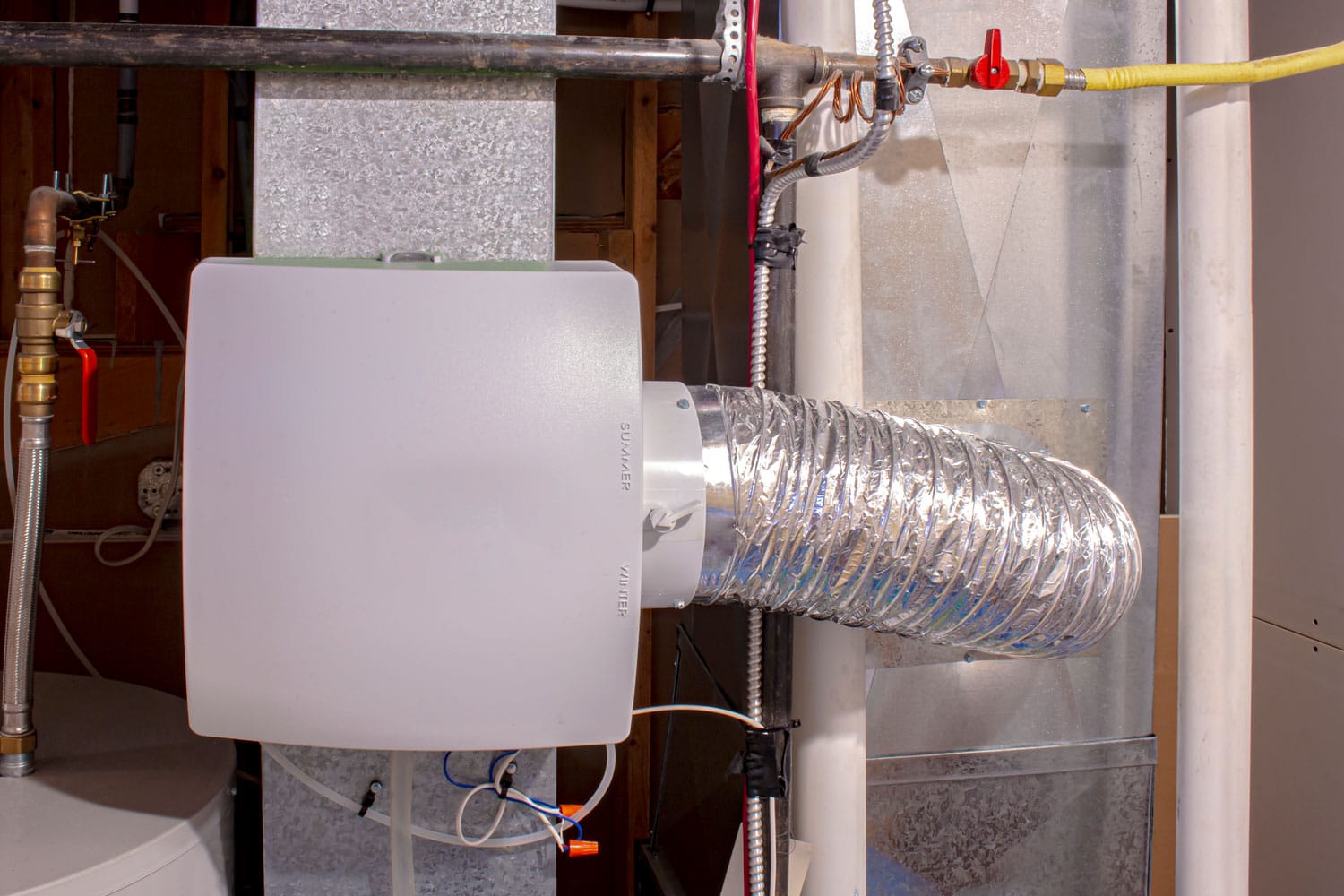

0 thoughts on “Why Is Forced Air Heating Noisy”